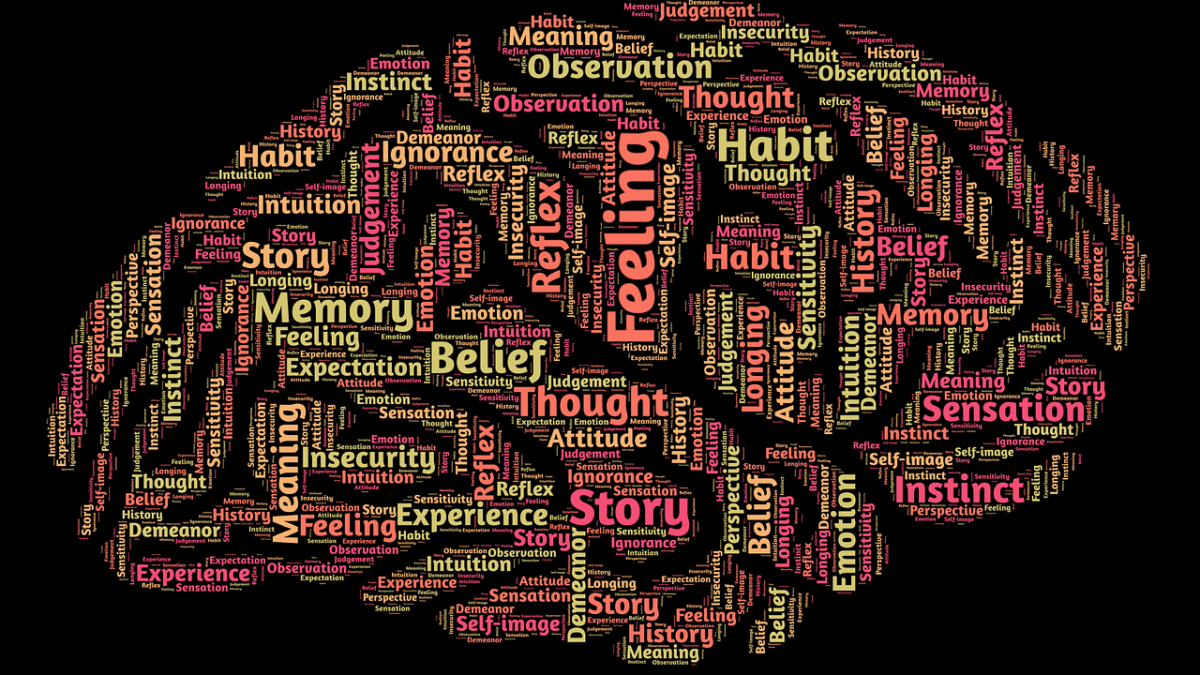
From Lecture Hall to Law Firm – Adapting to Working Life
December 22, 2023
Navigating Your First Year: Maximising Opportunities in Law School
December 22, 2023Article written by James Tonge, Philosophy Undergraduate at The University of Manchester.
Introversion is a personality style defined by a preference for one’s inner existence above the exterior world of other people. Introversion is one of the Big Five qualities that define all personalities, with introverts preferring a quieter experience than their counterparts, extroverts. It must be noted that introverts are not necessarily afraid of or detest others, and they are neither bashful nor lonely. A group project may not be desirable for introverts, as often they prefer one-on-one interaction in quieter situations, which is more suited to their genetic makeup. Naturally, many introverts become wary of a career in the legal profession – mainly due to the requirement for public speaking and collaboration. Luckily, there is an extensive amount of literature dedicated to this phenomenon in the legal field, some of which I will discuss today.
Chloe Sovinee-Dyroff writes an interesting article, that examines the intersection between introversion, legal education and legal practice. The problem, she suggests, is that the stereotypical lawyer is a fast-talking, socially aggressive extrovert. Whereas the deep thinking, insightful introverts are pushed to the side lines, leaving their natural skills underutilised. But maybe this is the first step for introverts. There are tangible benefits to being introverted. Due to the makeup of the brain, introverts often process information internally. There is more of a tendency to think before speaking and introspection. Particularly in legal education, these skills which exist naturally, can be honed for benefiting studies. Preparing the recognition of these strengths can play a role for introverts who may think they are unequipped for the legal profession to follow their dream career, as the mark for any successful person is playing to their strengths.
Nevertheless, the legal education system seems to be more geared toward extroverts. Sovinee-Dyroff explains that the idea of the Socratic method, call and response and timed assessment are all principles research suggests extroverts are more suited to. While the suggestion of a complete culture change is seemingly off the cards, introverted personalities are becoming increasingly valuable in the legal field. Introverted abilities are useful in areas of legal practice that require social connection. Introverts, according to experts on the subject, “bring tremendous assets to interpersonal encounters: active listening, deep methodical thinking, creative problem-solving, and empathy.” Ethical judgment plays a huge part in the legal field, and introverts tend to be more aware of the consequences of a lapse in their behaviour and they are easily disturbed by cruelty, injustice, and irresponsibility. The application of these traits to pro-bono work is obvious.
Susan Cain, who was a Harvard Law graduate and worked for years at a Wall Street firm dedicated a huge amount of her life to research in this particular field. After a successful book and a viral TedTalk, her ideas have been invaluable for introverts in any career. One of the key principles an introverted student or graduate could apply in the legal field is that the understanding of one’s personality means that one can consciously situate oneself in favourable environments. They can organise their lives optimally, and this results in being more energetic and alive than before. If a student actively seeks out this experience we expect to see an increase in productivity which is useful for legal studies.
So, the acceptance of one’s introverted personality should not sway you from pursuing a career in a field which is so typically presented as full of extroverts. But the next steps in fostering your natural abilities to use in both legal education and work come from Hedi Brown, the director of legal writing at Brooklyn’s Law School. She offers seven steps to counteract the pressures of the extroverted culture in education and employment.
- Mental Reflection – Attending to negative messages in advance of and during interpersonal interactions.
- Physical Reflection – Observing physical reactions before and during interactions.
- Mental Action – Eliminate detrimental messages and replace them with affirmatively motivating ideas.
- Physical Action – Adopting new physical stances, postures, and movement patterns to more effectively control extra energy during interpersonal encounters.
- Action Agenda – Developing actions to capitalise on quiet strengths.
- Pre-Game and Game Day Action – Creating personalised mental and physical routines and intentionally incorporating new mental messages and physical changes.
- Post-Action Reflection and Paying it Forward – Reflecting on wins and challenges, fine-tuning routines and developing an authentic identity, and sharing experiences to empower others.
Hopefully, this article has provided enough encouragement for introverted students to continue to follow their desired path, even if it is in an extroverted industry. With the first step being acceptance and recognition of strengths, there is an opportunity to build and foster a personal identity with the aforementioned seven steps.





